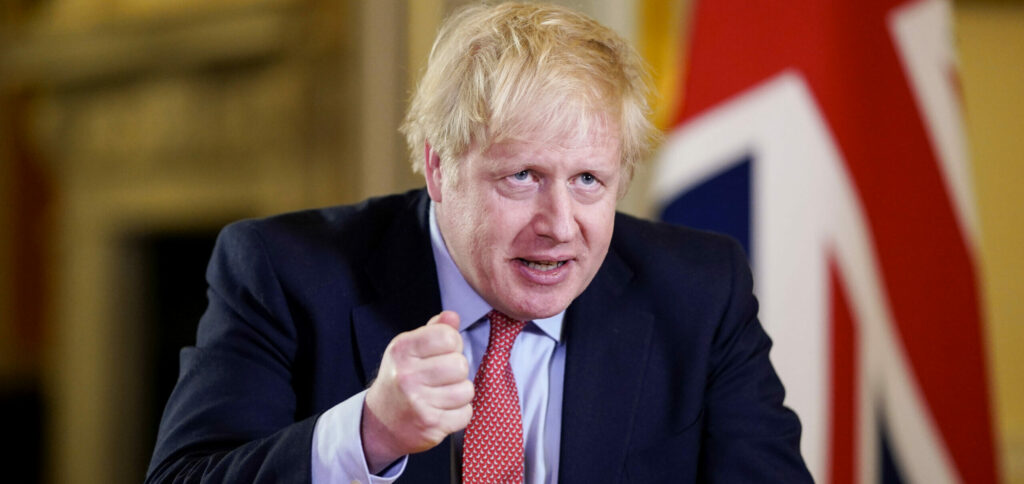The British Prime Minister resigned from his post this Thursday, 7th, after the departure of 57 members of his government in the last 48 hours. Boris faced public and opposition pressure for being involved in denunciations of sexual harassment, pornography and violations of health rules. The prime minister stated today that “no one is indispensable in politics”.
ADVERTISING
A survey carried out among British voters by YouGov and released last Tuesday concluded that 69% of the population believed that Boris should resign. Among conservative voters, the majority (54%) also shared the opinion.
“The will of the Conservative Party is now clear that there must be a new leader in the party and, therefore, a new prime minister, and I agreed,” he said, in front of the prime minister’s official residence and office. Johnson had resisted resigning even in the face of growing calls. “I'm sad to leave the best government in the world,” he said.
Next Steps
The form of government in the United Kingdom is monarchical parliamentarism, with political power in the hands of the Prime Minister, who reports to the Queen. Until his success is elected by the Conservative Party, which he is a member of, Boris will remain in office on an interim basis. The election and inauguration date is expected to be announced next week.
ADVERTISING
According to the digital newspaper Axios, 8 names of conservatives appear as possible successors to Boris Johnson: Rishi Sunak, Liz Truss, Jeremy Hunt, Sajid Javid, Ben Wallace, Penny Mordaunt, Nadhim Zahawi and Tom Tugendhat.
History
Elected in July 2019 after the resignation of former British Prime Minister Thereza May, Boris had won an absolute majority of seats in the United Kingdom's early elections. The prime minister was one of the main pivots in process granted territorial and political “sovereignty” to the United Kingdom before the European Union, known as Brexit, an acronym that shortens the term “British Exit” or “British Exit” from the EU.
Featured photo: Boris in London, United Kingdom (23/03/2020)/ Photo: Flickr Number 10Gov
ADVERTISING



